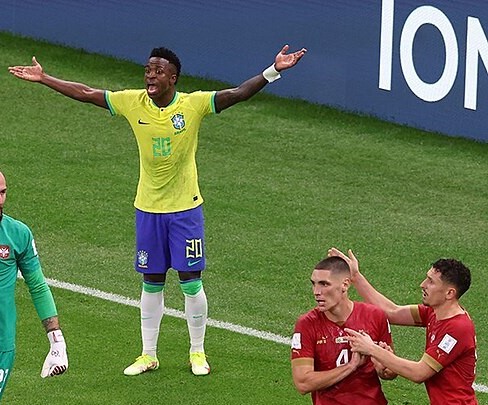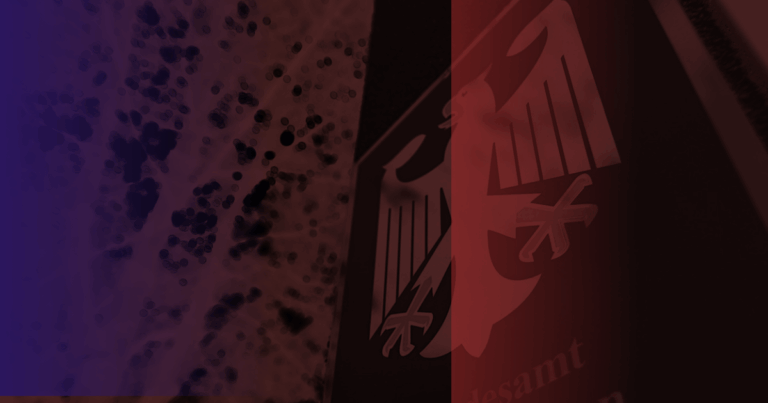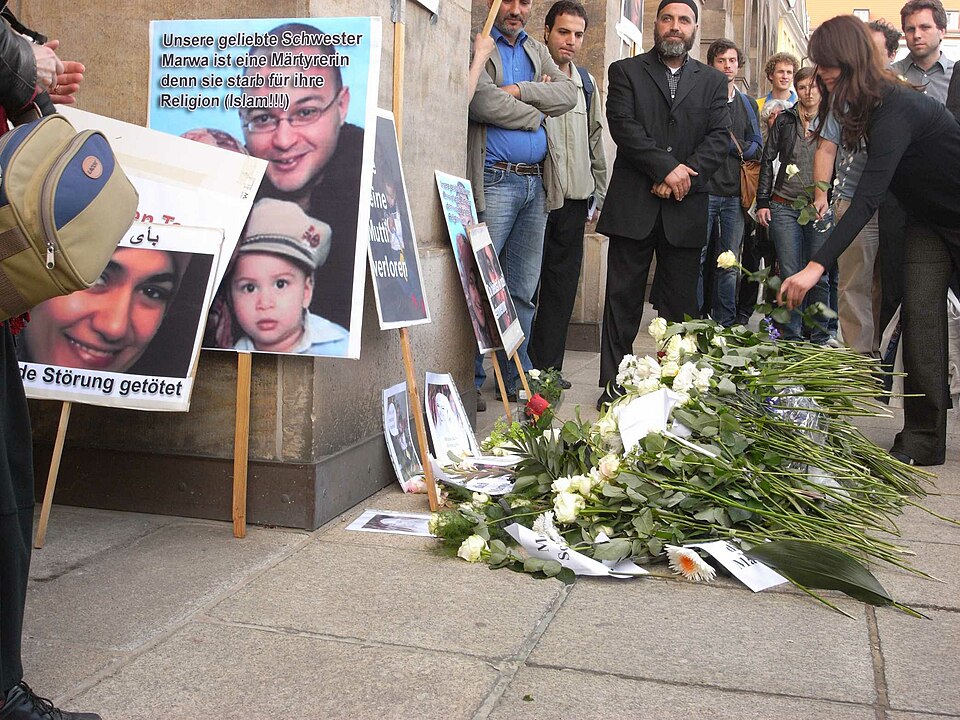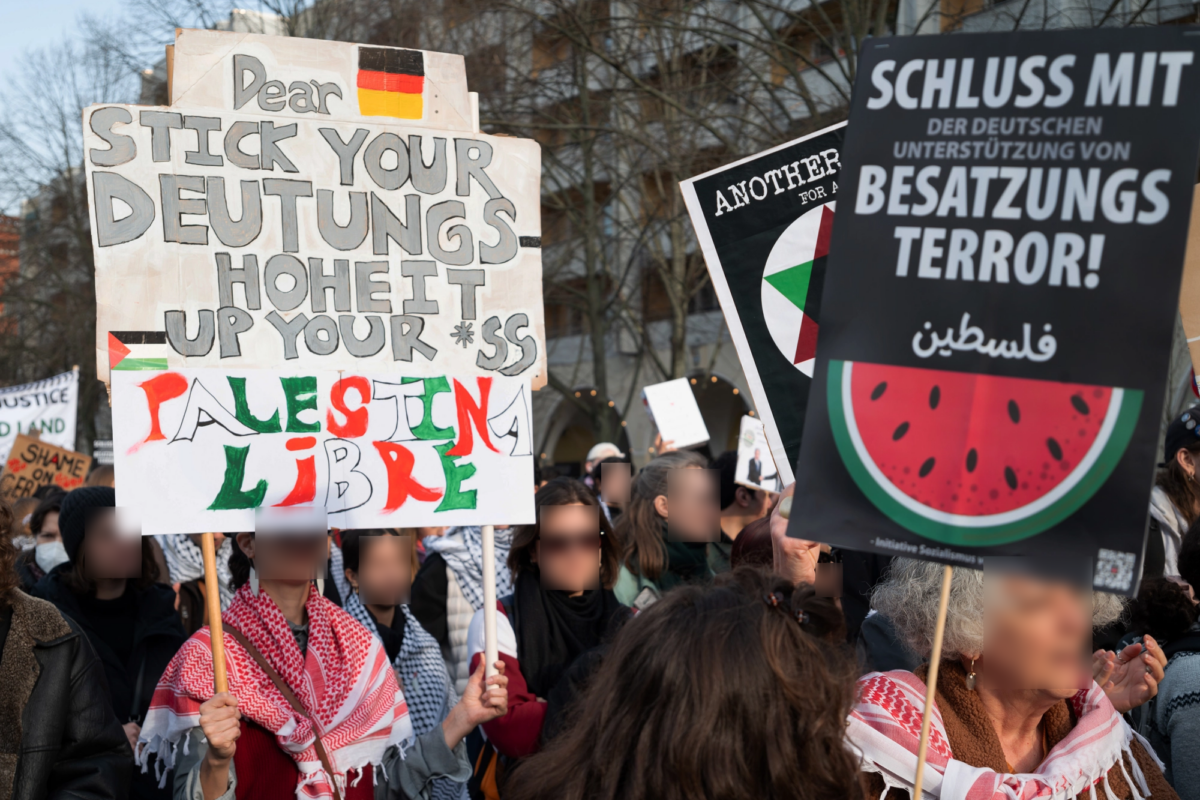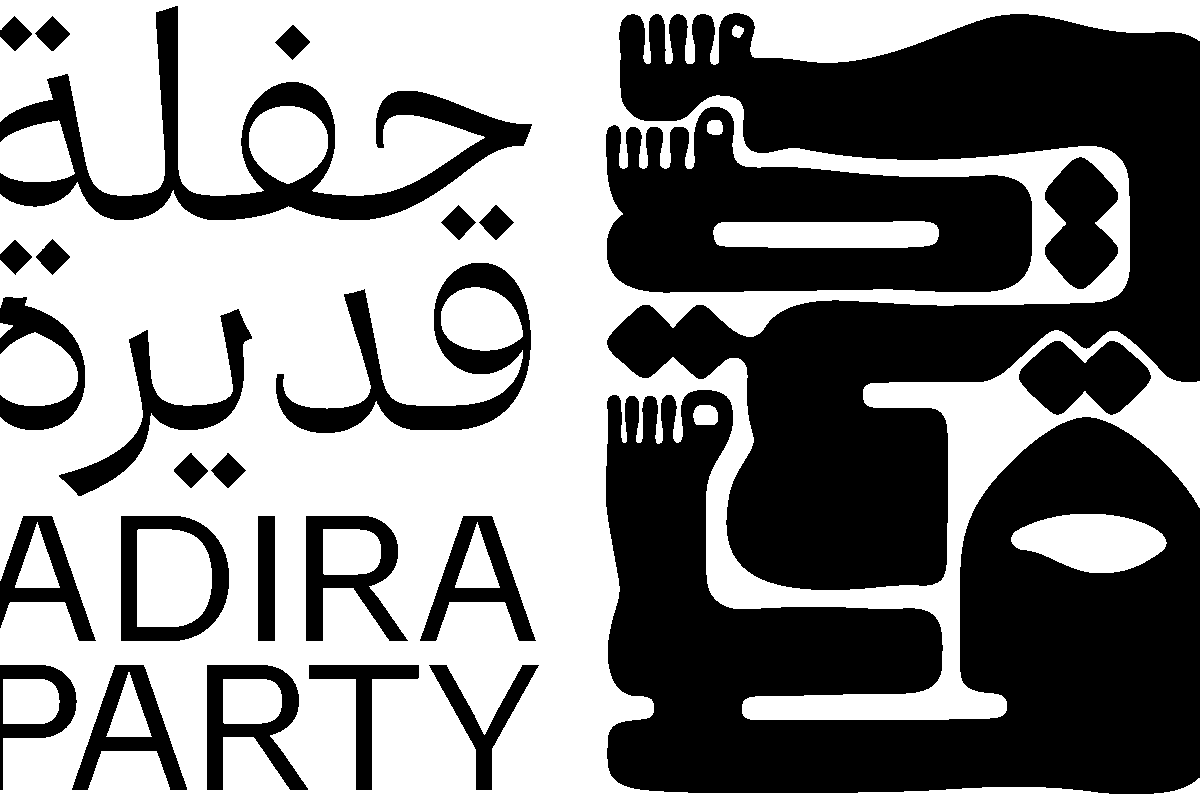The recent attacks against the player Vinicius Jr. in the Valencia CF – Real Madrid match of La Liga highlights the racism in a part of Spanish society expressed through football. Unfortunately, football is once again the launching platform for racist feelings and thoughts. Not for the first time. In the past, players such as Wilfred, N’Kono, Eto’o or Williams were insulted because of their skin colour. But it goes beyond racism, LGTBifobic, sexist and regional insults when Basque and Catalan teams play – recur in stadiums. Outside them, insults and anti-democratic comments are also heard.
Racist incidents in Spain with football, also outside the game, are without any consequences. Sanctions on individuals, clubs, fan clubs, hooligans and supporters are insignificant with no long-term closures of football stadiums, or huge fines, or halts to the Liga or Copa del Rey championship. To date, no football match has ever been postponed for racism. True – one match was postponed in Spain (Rayo Vallecano vs Albacete in 2019) when fans shouted and chanted in a humorous way the neo-Nazi sympathies of the Ukrainian player Zozulya. Rayo Vallecano also suffered a fine of € 30,000 – paradoxically for displaying a fan banner against racism in the stadium.
There has been a lot comments about Brazilian President Lula Da Silva, who explicitly supported his fellow citizen. This set off alarms in Spanish sport and its press. An unprecedented campaign began against racism but gives only a superficial washing. Many in Spain believe that nothing will change without radical measures: suspension of matches, annulling scores and penalty points to teams whose fans show racism; harsh economic sanctions and bringing to justice hooligans screaming against coloured players. We remember the Dutch coach Guus Hiddink – who refused to start a Valencia vs Albacete match in 1992 – until a flag of the Third Reich was removed. In Spain we have had relevant figures standing against racism in sport, but unfortunately they not seen in the decisions of the official structures of Spanish football.
And this racism is not only when some events national or international events occur. On the TV when watching football, insults are also made. These bring out the lowest emotions of fans. The more firmly we stand up to bigots, the less racists can rant and rave during match broadcasts.
It goes beyond that. Football business and its marketing model highlights the Vinicius Jr. case. But under the iceberg an underlying racism comes to light in moments of sporting tension. And the danger is even greater with this model of football, with its staging, its marketing, its players elevated to gods and with media reaching all corners. These players, and what they do, are a reference for millions of children, adolescents and Spanish youth. Their gestures, fights, forms of expression, non-verbal communication penetrate and reach deep into the mentality of the youngest. And unfortunately no one teaches them what Guus Hiddink did in the aforementioned match.
In Spanish education, it is increasingly worrying how “bad football” is ever more present in our schoolchildren. This business football model with fighting is increasingly present in school breaks and leisure time. Even the rhythm of teaching in a school is altered by the tension and level of violence in the “little games at break time”. It is terrible how this current mode in sport conditions and emotionally alters our schoolchildren so much. If racist insults are normalized or go unpunished in Spain which is increasingly multiracial, it becomes a real problem. Therefore, the sooner action is taken, the better.
There are reasons for optimism. In Spain there is a growing awareness of what “bad football” means in society. There is an anti-fascist resistance that asks for steps in the football world.
Popular football continues to grow in Spain. There is a network that conceives this sport as something different, with social participation and democratic values are primary. Clubs that, along a democratic, citizenly and open operation, campaign against LGTBIQA+phobia; for the benefit of refugees; feminism; for the solidarity of the people or for the visibility of labor conflicts in their cities. These clubs are more and more rooted, and that gives a breath of fresh air as compared to a mercantilized Spanish football drowned by scandals. It is a question of regaining a narrative. A popular story of football that raises figures, clubs and events that dignify resistance against business football.
Also showing optimism, is the boom taking hold with women’s football in Spain. Ever more play football, and ever more interest grows in women’s football, which is linked to sisterhood and the healthy practice of sports. This is so needed in my country.
At the educational level, ever more female teachers create co-educational, inclusive school breaks and playgrounds with physical activities other than football. There is a growing sensitivity to educational proposals that conceive recess and playgrounds as diametrically opposed to business and racist football. In particular, in Sports Education, educational projects are developed to demand changes in the architecture and design of schools to give more diversity of physical activities to Spanish children. Against considerable social resistance, because in Spain football (and in this case “bad football”) is widespread. Removing football goals and balls from the playgrounds is a very hard battle.
In short, we cannot give up. The fight against racism is also a fight for an idea of sport and football – where socialization and the generation of positive values, health, inclusiveness, understanding between people and the democratization of society are connected. To fight against racism is to fight for a good football. To fight for a good football is to fight against racism.
Iván Fradejas de la Vega is a school teacher and affiliated to Unión Popular de Palencia Football Club. Translation from the original Spanish: Jaime Martinez Porro
